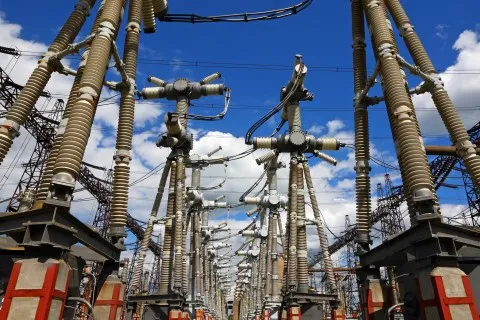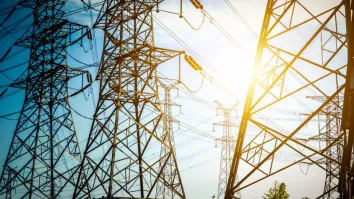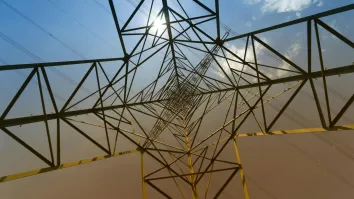
Japan's utilities challenged by growing competition and credit risks
Since market liberalisation, 5.7 million customers have already switched to new electricity providers.
Recent nuclear restarts in Japan have raised expectations that the electricity sector could return to its pre-Fukushima state, but plant operators are hit by challenges anew with safety and security measure costs that have already ballooned to $40b in July.
Moreover, Moody’s Japan K.K. said that combined with increasing competition, a less supportive regulatory framework, and lower sales, these spell trouble for utilities that need to maintain their credit quality and financial stability.
Utilities giants Tokyo Electric Power (TEPCO), Kansai Electric Power (KEPCO), and Chubu Electric Power have already lost 5.7 million retail power customers which have switched to new electricity providers since liberalisation in April 2016, Reuters reported. They are becoming more “vulnerable to growing competitive pressures as the authorities implement further measures to deregulate the industry, leading to an erosion of the companies' monopolistic positions,” Moody’s said.
Moody’s added that the degree of customer losses differs by geography, but the larger, more densely populated metropolitan areas with higher demand, and the regions where the more nuclear-reliant utilities raised their tariffs significantly following the Fukushima accident in 2011 are seeing more customers switching to new providers.
"The regulatory framework, although still relatively strong, is becoming less supportive, and intensifying competition is prompting customers to switch providers, while population decline and the push towards energy efficiency are pressuring electricity demand downwards," added Moody’s vice president Mariko Semetko.
Regulated tariffs, which allow for the utilities to cover all costs, will also eventually cease. Notably, solar feed-in-tariffs (FIT) were already slashed by 14% to $17/kWh in February. The exact timing is not yet determined, but it will be sometime after 1 April 2020 when the Ministry of Economy, Trade and Industry determines that there is sufficient competition, such that the utilities will not be able to easily raise their tariffs, Moody’s said.
The expected effect is that utilities need to react and improve their credit metrics. Some companies like TEPCO, J-POWER, and Chubu Electric have already made moves to spread their risks by expanding overseas, giving space for renewables in their offerings, and even merging their assets together.
These new business opportunities could help over time offset the effects of the decline in electricity demand by providing material levels of cash flow, although they also carry greater risk than legacy regulated businesses, Moody’s added. “As a result, earnings and cash flows could become more volatile, while debt-funded investments could also weaken financial metrics,” Semetko said.
“Financial metrics will also become more important as the industry deregulates,” Moody’s said. It warned that firms such as Hokkaido Electric Power Company, Chugoku Electric Power Company, and Hokuriku Electric Power Company — all with already weaker credit metrics — will be the most challenged to strengthen their financial ratios.



















 Advertise
Advertise







